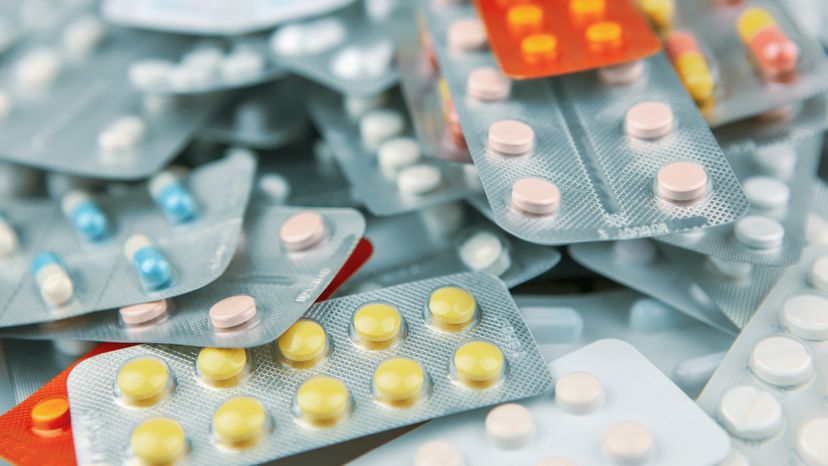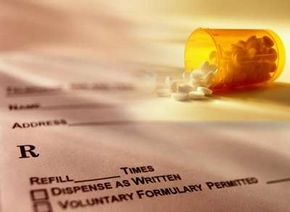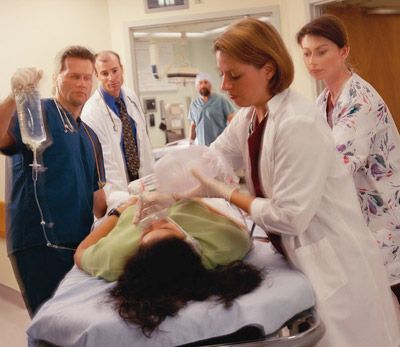
About half of all prescriptions are filled with a generic equivalent of a brand-name drug. Most of us have been asked if we want a generic alternative to our brand-name medication. Because of the decrease in price, most of us will agree to this switch, figuring that the generic must be as good as the brand-name drug. But is this true? And if so, why are they so much cheaper than brand-name drugs?
Let's begin with a simple definition of a generic drug. Any drug identified as a generic equivalent of a brand-name medication has a similar chemical or drug formulation that acts on the body with the same strength and absorption process of the brand-name drug. So, the generic medication is the bioequivalent of the brand-name drug. The generic drug also must be equal in safety, strength, route of administration (pill, liquid, etc.), quality, performance and have the same intended use as its brand-name equivalent.
Advertisement
So if the generic version has the exact same effect on the body as the brand-name version, what is the advantage of generic drugs? One word: price.
The congressional budget office estimates that consumers save nearly $10 billion a year by using generic drugs. You might get the popular antidepressant Prozac each month for a $40 co-pay, but you could have its generic equivalent (fluoxetine hydrochloride) for a $10 co-pay, saving you $360 a year.
Why are generic drugs so much cheaper than their brand-name counterparts? The main reason is that companies producing the generic versions of a brand-name drug have much lower overhead costs than the original creators of the drug. This is because the creation of a drug can take many years, along with many millions of dollars. Once a company creates the drug, it must conduct expensive clinical trials to ensure the drug's safety and efficacy. So, by the time the FDA approves a brand-name drug, the drug company has already spent millions -- and then it has to market the drug to the public, pharmacies, health insurance plans and health care practitioners. The total cost can rise into the billions by the time the drug is in the hands of the consumers.
In an effort to earn back as much of this money as possible, brand-name drug companies will charge a premium amount for their drug while they have a monopoly on producing and selling it. Generic drug companies, on the other hand, are paying only for the production of the medication, so they can afford to set low prices. The first generic version of a brand-name drug lowers the price of the drug dramatically, but the largest price reduction occurs when the second generic version hits the market.
So, how soon after one company introduces a drug can another manufacturer make a generic equivalent? And how do they do it? Let's find out.
Advertisement



